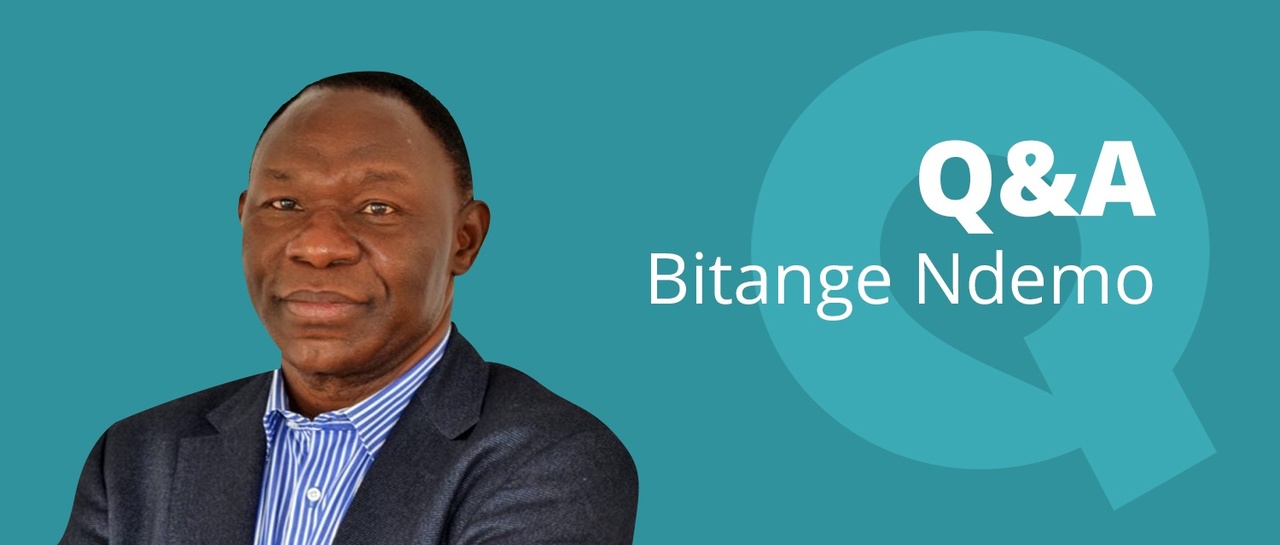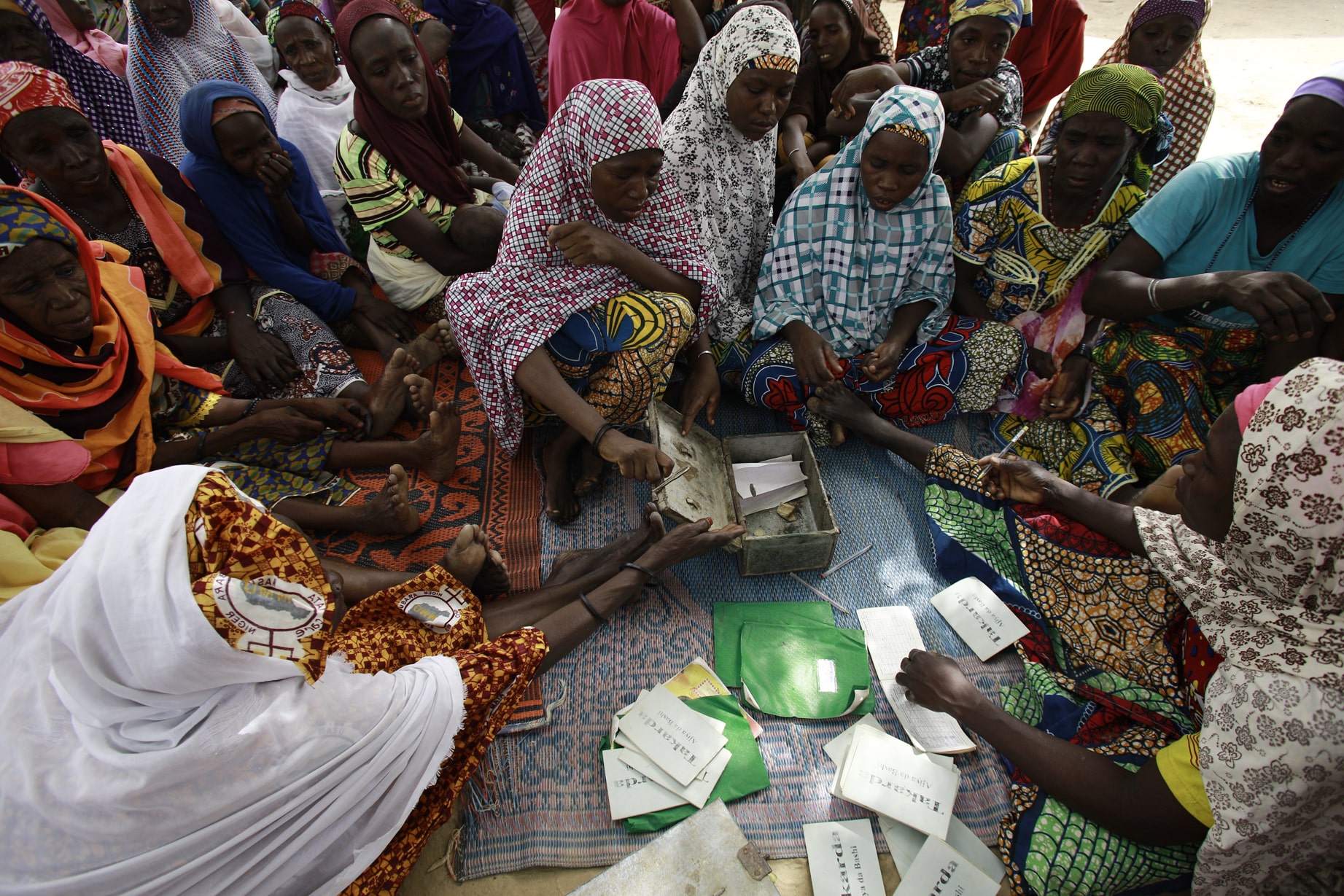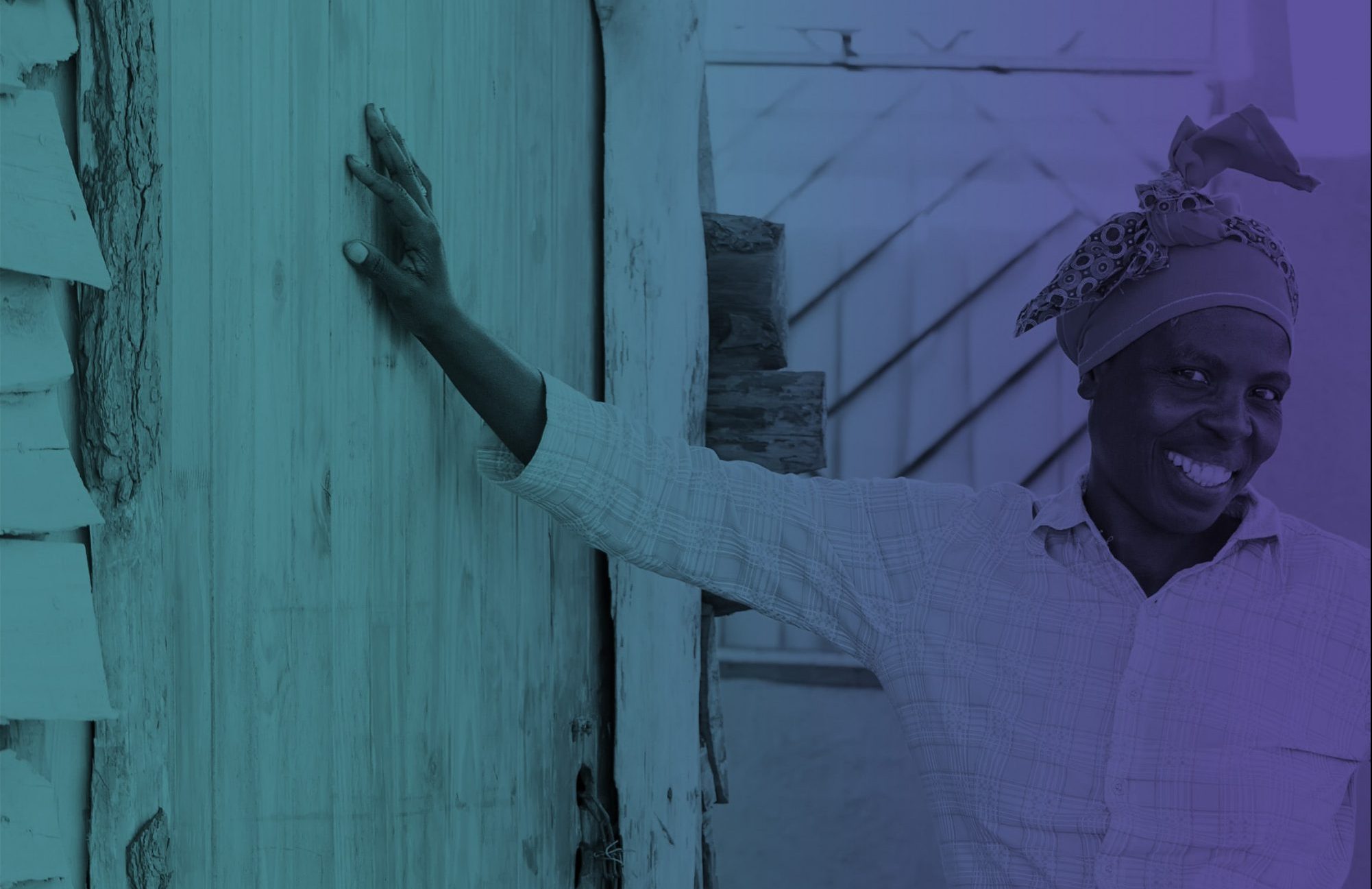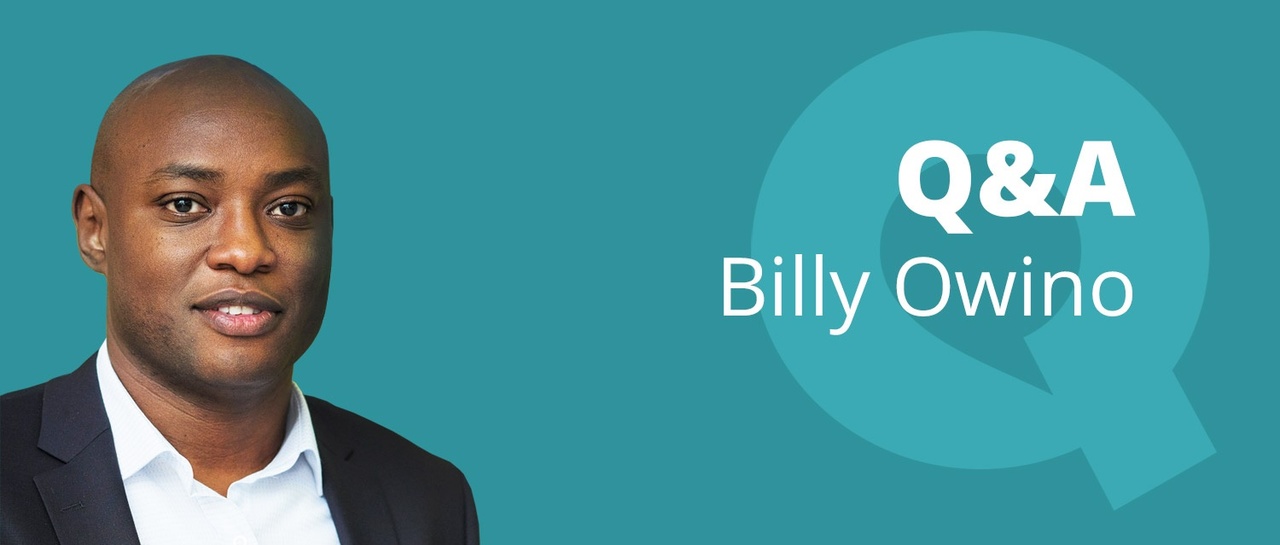
Shaping ethical and inclusive digital economies
Marissa Dean of Caribou Digital (and i2i Advisory Panel member) talks to us about data and digital development in the financial sector. Your report Can Big Data Shape Financial Services in East Africa suggests that (for the credit market at any rate), many alternative datasets have limited value in extending financial inclusion. Could you explain











